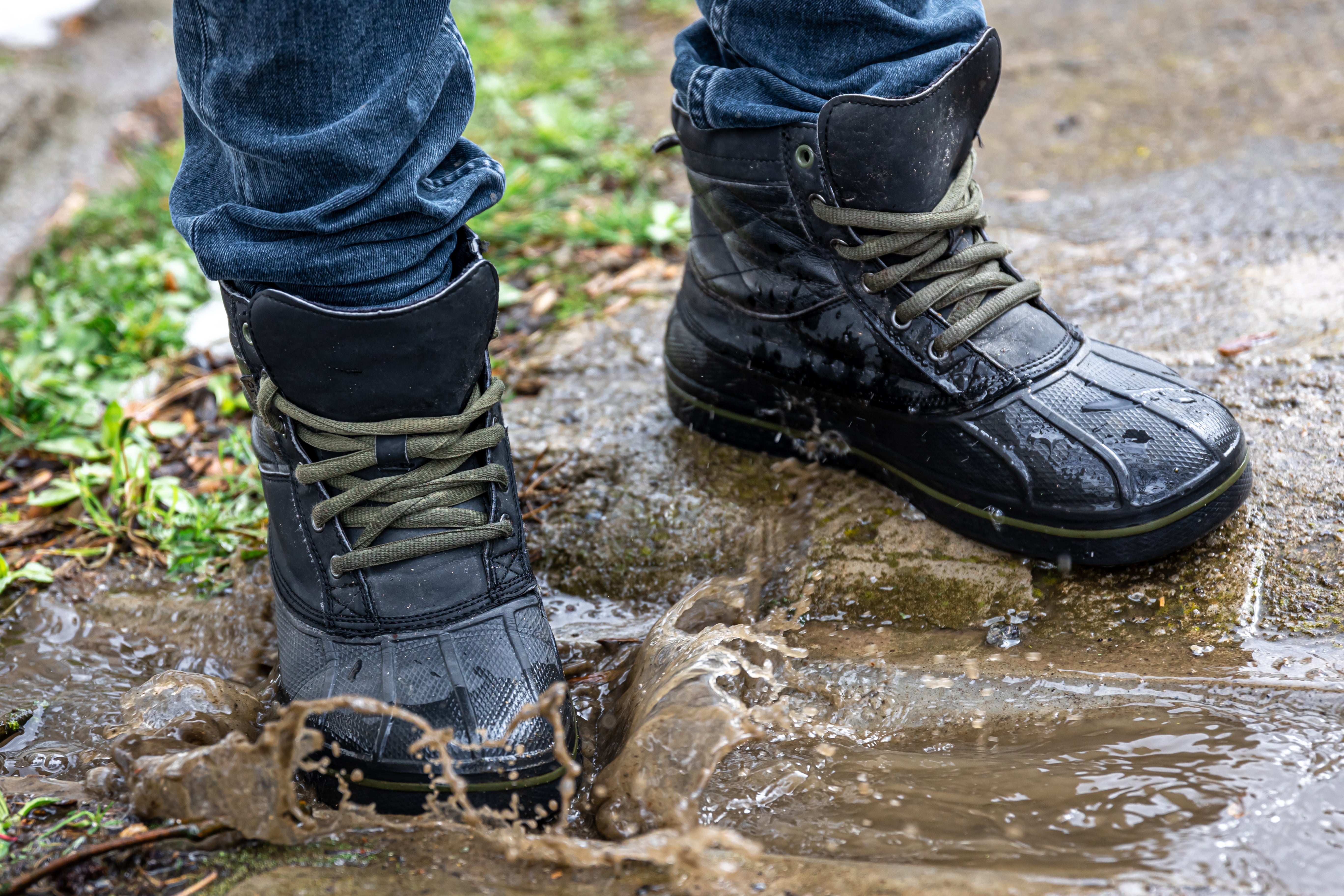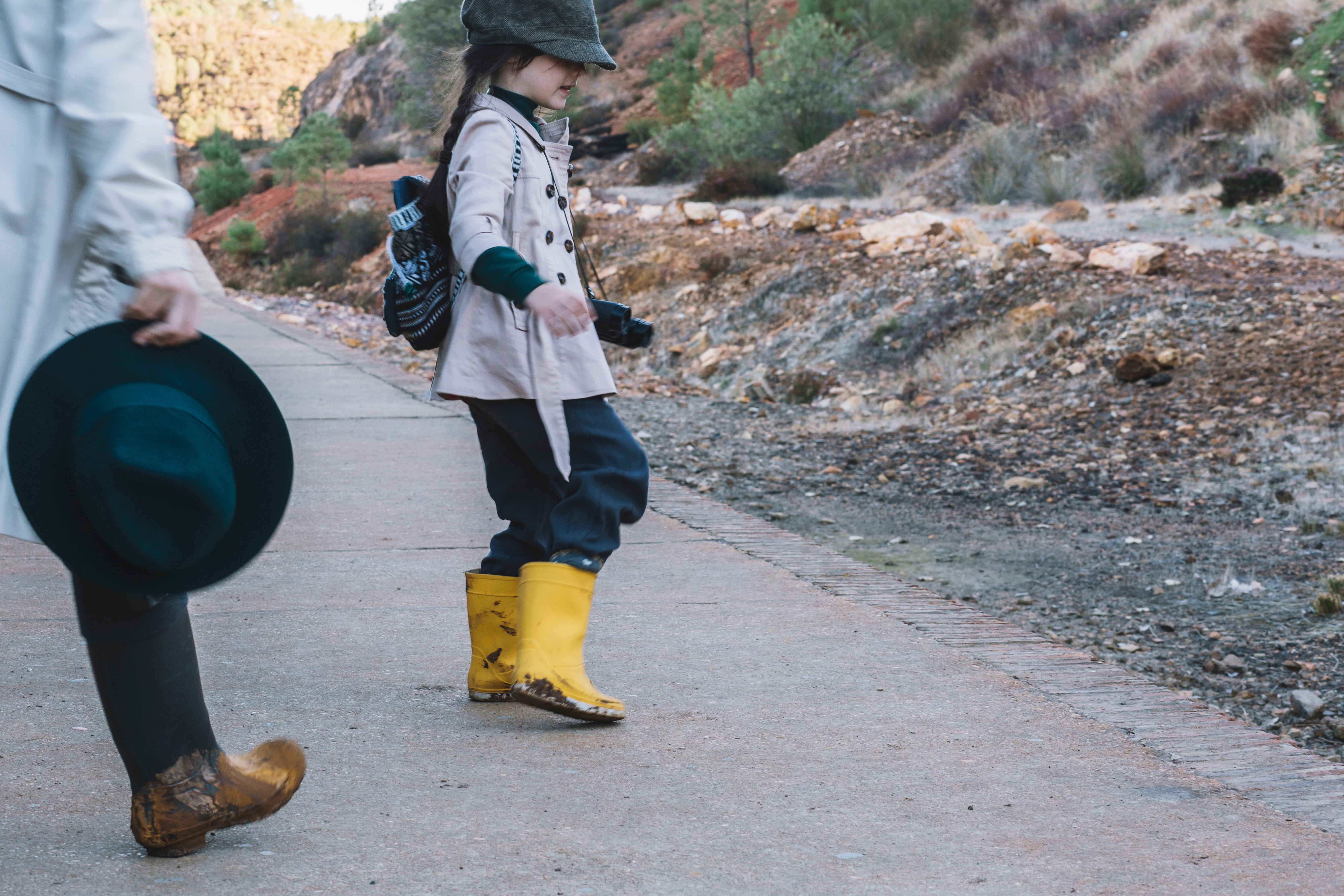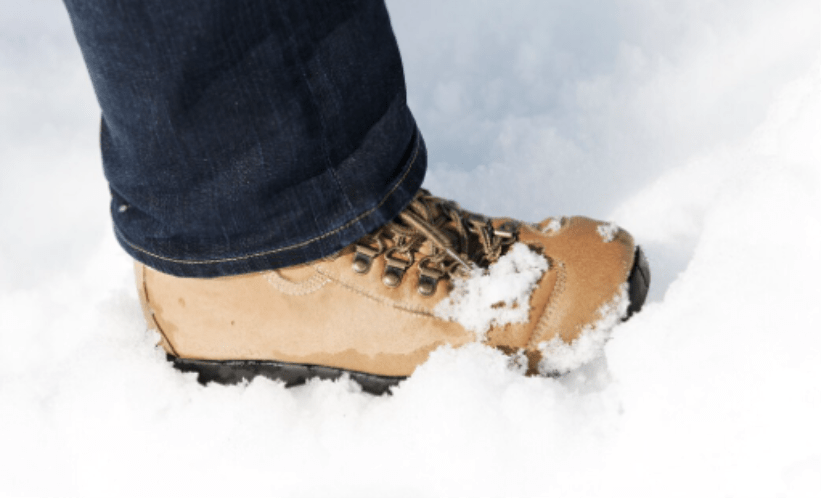How to Clean Smelly Shoes: Tips and Tricks to Refresh Your Footwear
Introduction
Whether you are an athlete, a fitness enthusiast, or simply someone who wears shoes daily, dealing with smelly shoes can be quite an unpleasant experience. The stench can not only make you self-conscious but also discourage you from wearing your favorite pair of kicks. Fear not! In this article, we will guide you through effective methods on how to clean smelly shoes and restore their freshness.
Understanding the Causes of Smelly Shoes
Before we delve into the solutions, let's understand why shoes can develop unpleasant odors in the first place. The primary reasons for smelly shoes are:
1. Sweat and Moisture
The human foot contains thousands of sweat glands, producing moisture when enclosed in shoes. Moisture creates a breeding ground for bacteria, leading to foul odors.
2. Bacterial Growth
Bacteria thrive in damp and dark environments, such as sweaty shoes. These bacteria break down the sweat and release foul-smelling compounds.
3. Fungus and Mold
Fungus and mold can also contribute to shoe odors. They flourish in moist conditions, leading to not only bad smells but potential health issues as well.
Cleaning Smelly Shoes: Step-by-Step Guide
Now that we understand the root causes, let's dive into the step-by-step process of cleaning and deodorizing smelly shoes effectively.
Step 1: Proper Shoe Maintenance
The key to preventing shoe odors is regular maintenance. Here's what you can do:
a) Air Out Your Shoes
After wearing your shoes, let them air out in a well-ventilated area. This helps to dry out the moisture and reduce bacterial growth.
b) Use Moisture-Absorbing Insoles
Invest in moisture-absorbing insoles or shoe inserts. These can help soak up excess sweat and keep your shoes dry.
Step 2: Hand Washing Your Shoes
Hand washing your shoes is an effective way to remove dirt, grime, and bacteria.
a) Remove Laces and Insoles
Take out the laces and insoles and wash them separately. This ensures a thorough cleaning of all shoe components.
b) Use Mild Soap and Warm Water
Create a mixture of mild soap and warm water. Dip a soft cloth into the solution and gently scrub the shoes, inside and out.
Step 3: Deodorizing Your Shoes
Deodorizing your shoes is essential to eliminate persistent odors.
a) Baking Soda
Sprinkle baking soda inside the shoes and let it sit overnight. Baking soda absorbs odors effectively.
b) Tea Bags
Place dry tea bags inside your shoes; they can help neutralize unpleasant odors.
H1: Step 4: Drying Your Shoes Properly
Ensuring your shoes are thoroughly dry is crucial to preventing future odors.
a) Air Dry
Allow your shoes to air dry naturally. Avoid direct sunlight or heat sources, as they may damage the shoes.
b) Use Newspaper
Stuff newspaper inside your shoes to speed up the drying process. The newspaper will absorb excess moisture.
Conclusion
Dealing with smelly shoes doesn't have to be a daunting task. By following these simple yet effective steps, you can keep your footwear fresh and odor-free. Regular maintenance, hand washing, deodorizing, and proper drying are the key elements to fight shoe odors successfully.
FAQs
Q1: Can I machine wash my shoes to get rid of the smell?
No, machine washing can damage the shoes and may not be as effective as hand washing. Stick to gentle hand washing for best results.
Q2: Can I use scented sprays to mask the shoe odor?
While scented sprays can temporarily mask the odor, they do not eliminate the root cause. It's best to follow the cleaning and deodorizing methods mentioned in the article.
Q3: How often should I clean my shoes?
The frequency of shoe cleaning depends on how often you wear them and how much you sweat. However, it's a good practice to clean them at least once a month.
Q4: Are there any natural remedies for smelly shoes?
Yes, apart from baking soda and tea bags, you can also use activated charcoal or essential oils like lavender to combat shoe odors naturally.
Q5: What types of shoes are more prone to odors?
Shoes made of synthetic materials, like sneakers and athletic shoes, tend to retain more moisture and, therefore, are more susceptible to developing odors.





Leave a comment
All comments are moderated before being published.
This site is protected by hCaptcha and the hCaptcha Privacy Policy and Terms of Service apply.